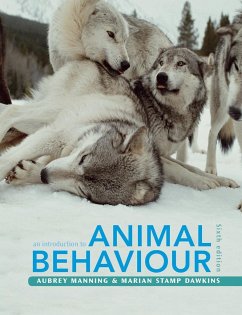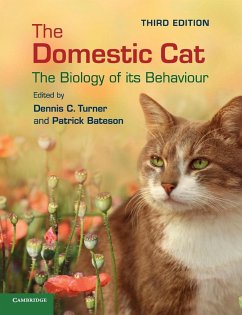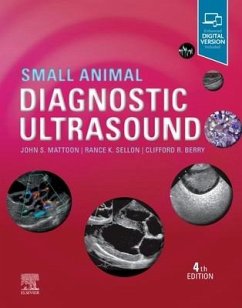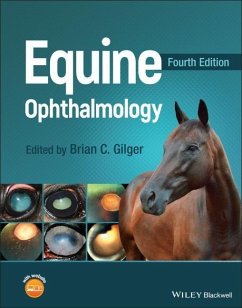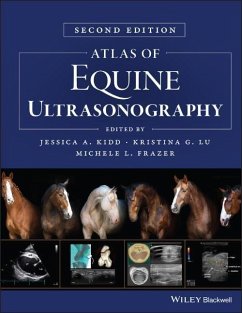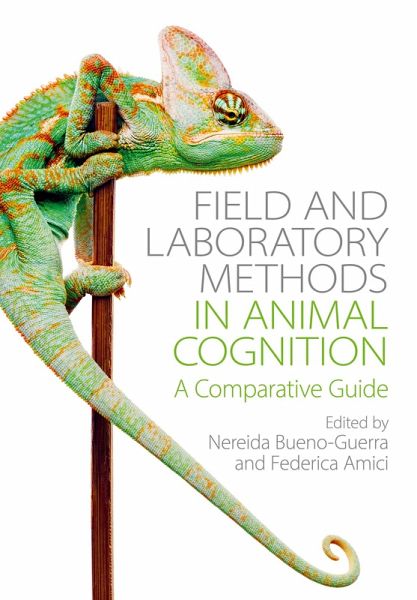
Field and Laboratory Methods in Animal Cognition
Versandkostenfrei!
Versandfertig in 1-2 Wochen
63,99 €
inkl. MwSt.

PAYBACK Punkte
32 °P sammeln!
Taking a comparative approach, this volume provides a set of clear methodological tools and practical tips for the successful investigation of animal cognition across a variety of species. The authors introduce a range of taxa, from chimpanzees to ants, with a focus on perceptual and socio-ecological characteristics, and cognitive skills.



